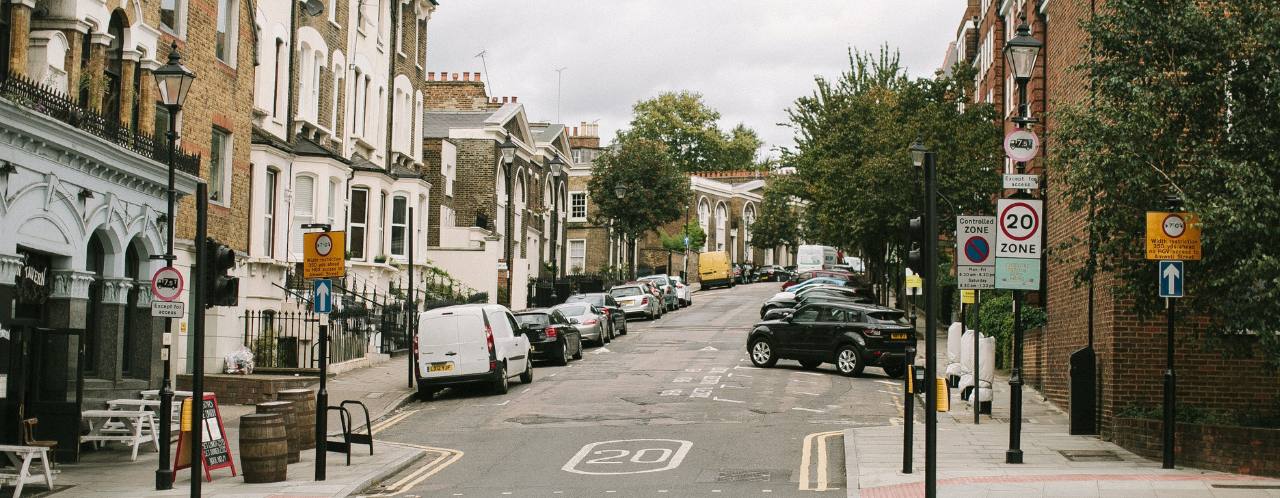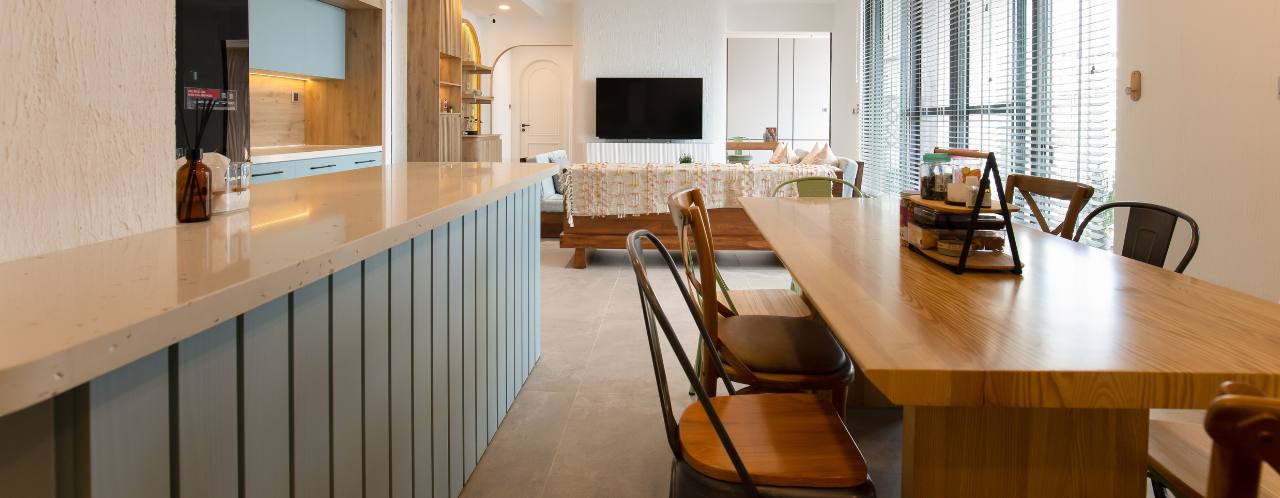As economic uncertainty continues and staycations are on the rise, more and more landlords and investors are looking at whether it’s best to invest in a long or short term-rental property in the UK.
Whether you’re completely new to the property investment industry or you’re a seasoned professional looking to invest in additional properties, we can help you weigh out the pros and cons of whether to invest in a short-term or long-term rental.
First off, let’s start with the differences between the two terms before we lay out the pros and cons of renting out a property. It’s really important to understand the key differences before making any final investment decisions.
What is a short-term rental?
A short-term rental is exactly what it says on the tin. They are generally self-contained, furnished properties rented monthly, rather than on an annual basis. With the cost of hotels constantly rising and guests looking for a more local experience, short term stays are becoming increasingly popular. Especially since the growth of short-term rental booking platforms such as Airbnb and VRBO.
How long is a short-term let considered in the UK?
When renting out a short-term let in the UK, this is considered 6 months or less.
Who uses short-term rentals you may ask? People looking for this type of accommodation are either looking for a property to move into on a temporary basis, such as in-between moving house, or they want to get a feel for the local area before making any life-changing decisions.
In addition, short-term lets can attract renters looking for emergency insurance accommodation. This could be due to their property being damaged by flooding or the property may be un-fit to live in. This could be due to additional environmental factors such as mould, or poor maintenance at their old home.
On the other hand, if your property is in a tourist hotspot in the UK, such as London, Brighton or Edinburgh, you’ll attract guests looking for a short holiday break. Holiday guests are likely to stay between anything from two nights to 14 nights, or even more, depending on their budget. We also find that many guests will use holiday lets while visiting family and friends in the local area.

What is a long-term rental?
A long-term rental property is a space, such as an apartment or house, rented out to tenants for a long period of time. On average, this is over six months. If everything goes fine with the tenant(s), the agreement could last for years!
How long is a long-term let considered in the UK?
On average, long-term lets last a minimum of one-year in the UK. Some landlords and tenants will come to agreement where they start off on a six-month contract.
In the UK, a majority of long-term lets are unfurnished. It will be up to tenant, landlord and letting agency to decide whether the tenant is allowed to decorate the property to their liking.

Long-Term vs Short-Term Rentals
The Age-Old Question: Is it better to invest short-term or long-term let?
Let’s get down to the most important points. Here we will weight out the pros and cons of renting out a property for short or longer periods of time.
The pros of renting out your property short-term
- Higher income: Short-term rentals often generate higher rental income compared to long-term rentals. Since short-term rentals are priced per night or per week, you have the potential to earn more from each booking. During the spring and summer, or in popular tourist destinations such as Brighton or Rye, you can can expect to see a sharp rise in your income, due to the influx of tourists.
- More control over your property: Short-term rentals provide you with greater flexibility and control over what happens at your property. For example, renting out a short-term let allows you to book out blocks of time for your own use.
- Regular maintenance and updates: Renting out your property as a holiday let, leads to frequent turnovers. However, this certainly isn’t a negative. This allows you to inspect your property on a very regular basis. If you hire a cleaner or property management company, such as our team at Huluki. You will receive regular updates on the condition of your property.
- Market flexibility: Due to inflation and the current economic climate, prices are constantly changing. This allows you to adapt your pricing structure to market conditions more easily. Overall, this ensures you receive the best possible nightly rates for your accommodation.
The cons of renting our your property on a short-term basis
- Less stability: Short-term rentals can be subject to seasonal fluctuations. For example, you’re likely to have busy periods during the summer holidays, but you may have periods in the year where guest bookings fall. That’s why it’s paramount to invest in a property which is in a touristy location.
- More maintenance costs: Due to high guest turnovers, you are likely to experience higher maintenance costs from general wear and tear.
- More management: Short-term rentals require more time management. With a frequent turnover of guests, you’ll need to manage a wide range of tasks such as check-ins, cleaning and enquiries. This can be time-consuming, that’s why it’s best to hire an expert holiday let management service like ourselves.
The pros of renting our your property long-term
- Steady Income: One of the biggest benefits of long-term rentals is the steady income they provide. With a long-term lease, you can count on a predictable stream of rental income each month. This is beneficial if you’re looking to generate passive income or rely on rental income for retirement.
- Fewer Turnovers: Long-term rentals will have fewer turnovers than short-term rentals. With a long-term lease, tenants are more likely to settle in and make the property their home, which means you’ll spend less time and money advertising and preparing the property for new tenants.
- Lower Maintenance Costs: Long-term tenants are generally more invested in the property and are more likely to take care of it. This means you’ll likely spend less money on repairs and maintenance than you would with a short-term rental.
The cons of renting out your property long-term
- Less flexibility: Once a lease agreement has been signed with your tenant, you will be tied into that agreement for at least six months.
- Possibility of a nightmare tenant: While long-term tenants are generally more invested in the property, there’s always a risk of bad tenants who cause damage or fail to pay rent. There are also laws within the UK which can make it difficult to evict a tenant. Overall, if you’re unlucky enough to deal with a bad tenant, it can be a lengthy and expensive process.
- Less potential profit: Long term rentals do bring in a stable form of income, however, you cannot adjust rates throughout the year. You’ll have to wait until either the tenants move out or they sign a new contract. On average, short term rentals can make up to 30% more in profit.
- Less excitement: With a long-term lease, you’re committed to renting out your property for a set amount of time throughout the year. If you rent out your property as a holiday let, you’ll likely receive higher income, and have guests from all over the world enjoying your property and exploring the local area.
Are you looking to rent out your property as a short-let? Please don’t hesitate to get in touch with our property management team.
“Getting into property has always been viewed as a profitable way to make a passive income, however, it comes with requiring time to be put aside to make sure maintenance and safety requirements are all met, as residential letting is highly regulated. With short-term letting you can look to see much higher returns on investment and much faster! Using a company such as ourselves makes it all worthwhile, as it takes all stress and worry away. It also maintains that peace of mind that your house is being kept to the highest standard while generating the most profit possible!”
Darwin, Property Manager at Huluki Sussex Stays



Leave a Reply